Whales, those majestic beings that gracefully glide through the depths of our oceans, have captured our imaginations for centuries. Yet, amidst the awe-inspiring beauty of these enigmatic giants, myths and misconceptions have woven their way into our understanding. Let’s embark on a journey of discovery as we delve into the world of whales, untangling myths from facts and uncovering intriguing truths.
Dive into the World of Whales with a Click! 🐋🌊
1. Myth: Whales are Fish
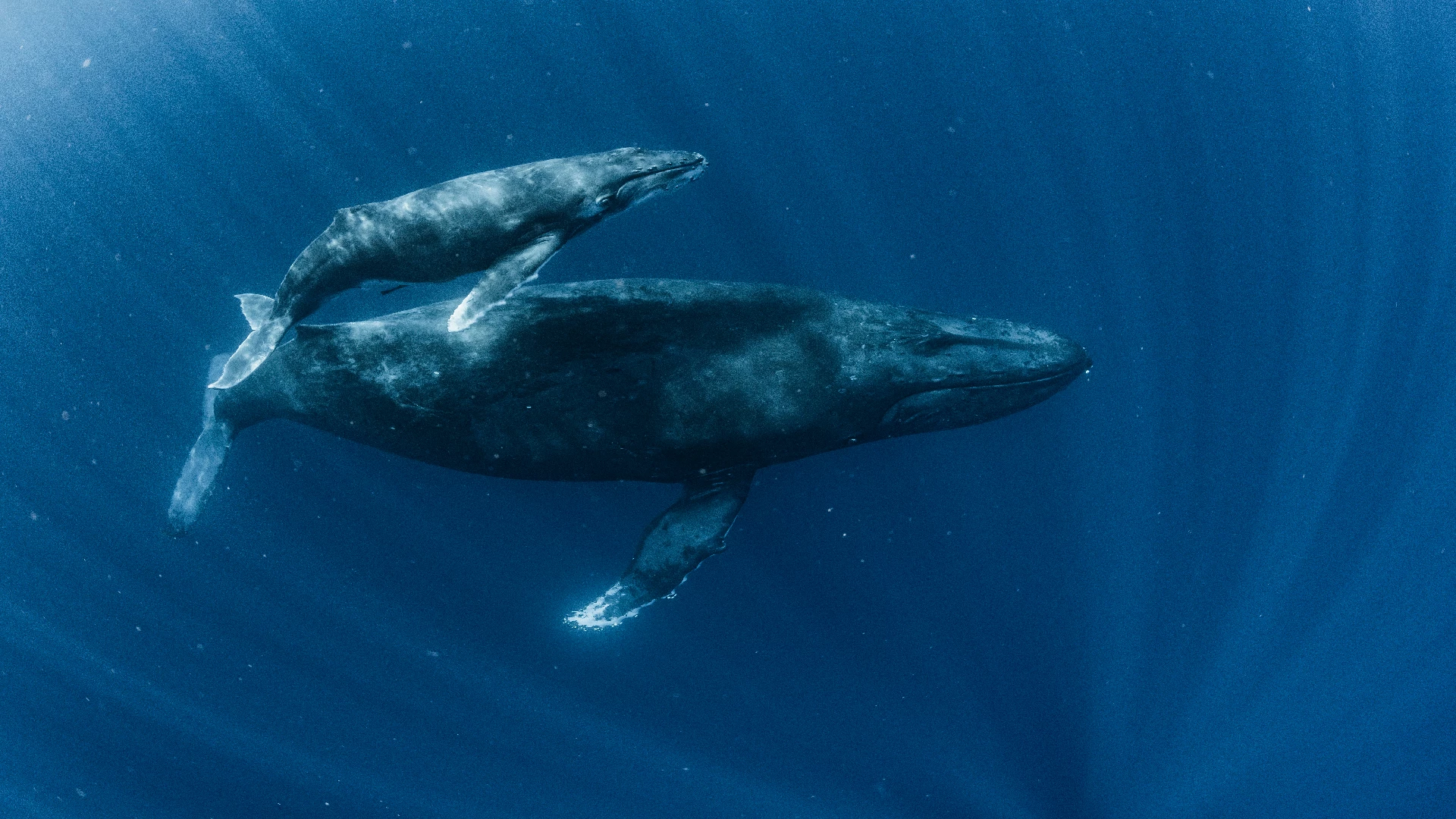 Fact: Whales are Mammals
Fact: Whales are Mammals
To dispel the first myth, it’s crucial to understand that whales are not fish. Unlike fish, whales breathe air using lungs, and they give birth to live young, just like humans and other mammals. This sets them apart from their aquatic counterparts, aligning them more closely with creatures like elephants and dolphins.
2. Myth: Whales are Just Big Dolphins
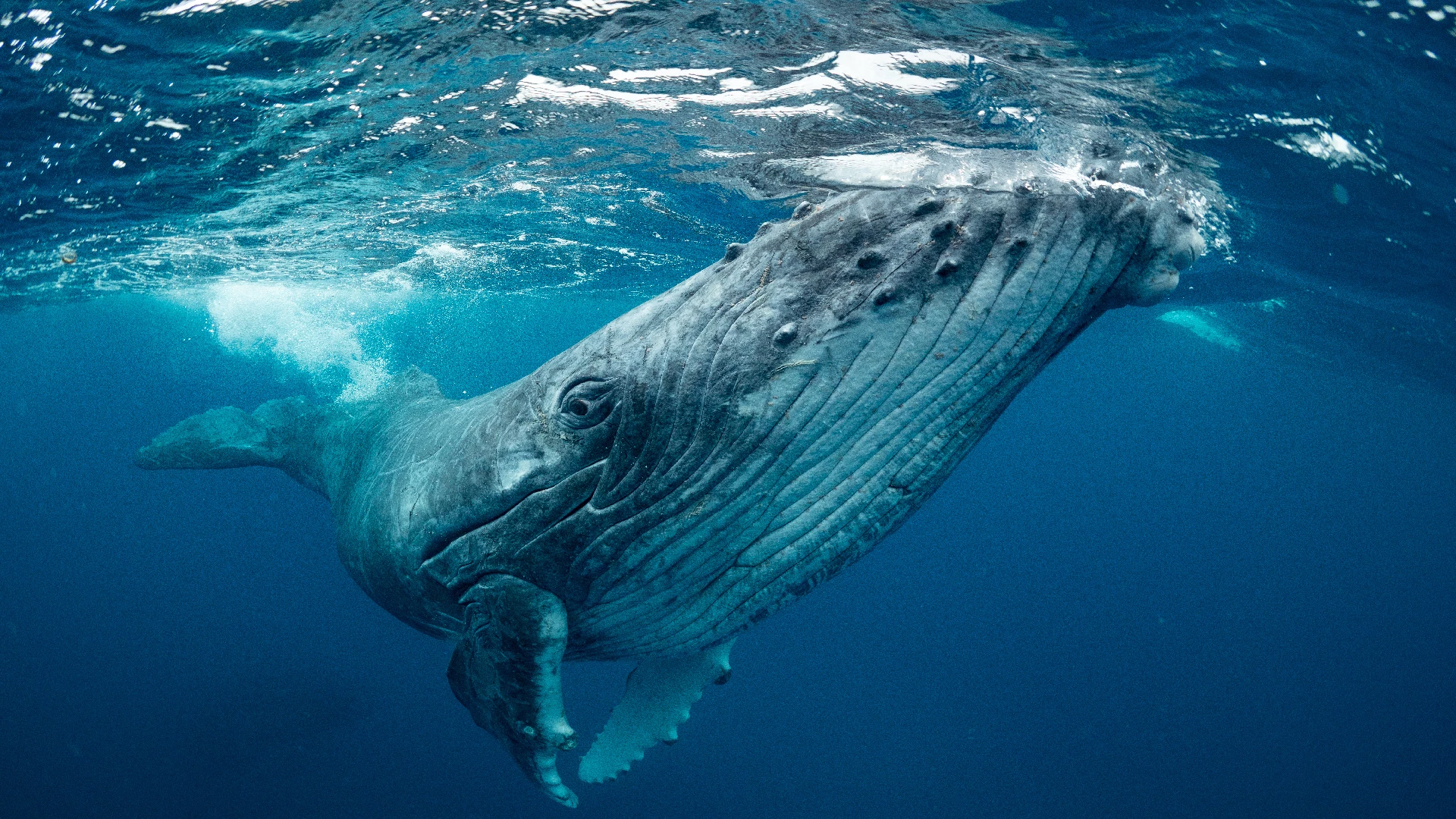 Fact: Whales Belong to Various Families
Fact: Whales Belong to Various Families
While dolphins and whales indeed share some similarities, whales belong to diverse families, each with unique characteristics. The baleen whales, like the blue whale, employ baleen plates to filter-feed on tiny organisms. Toothed whales, on the other hand, such as killer whales, employ teeth to hunt and consume a variety of prey. These distinctions emphasize the richness of the whale family tree.
3. Myth: All Whales Are Gigantic
 Fact: Whale Sizes Vary Greatly
Fact: Whale Sizes Vary Greatly
Imagine a creature so colossal that it dwarfs every other living thing on the planet. This is indeed true for the blue whale, the largest animal to have ever existed. However, not all whales boast such immense proportions. Some species, like the dwarf sperm whale, are significantly smaller, underscoring the wide array of sizes within the whale realm.
4. Myth: Whales Are Silent Creatures
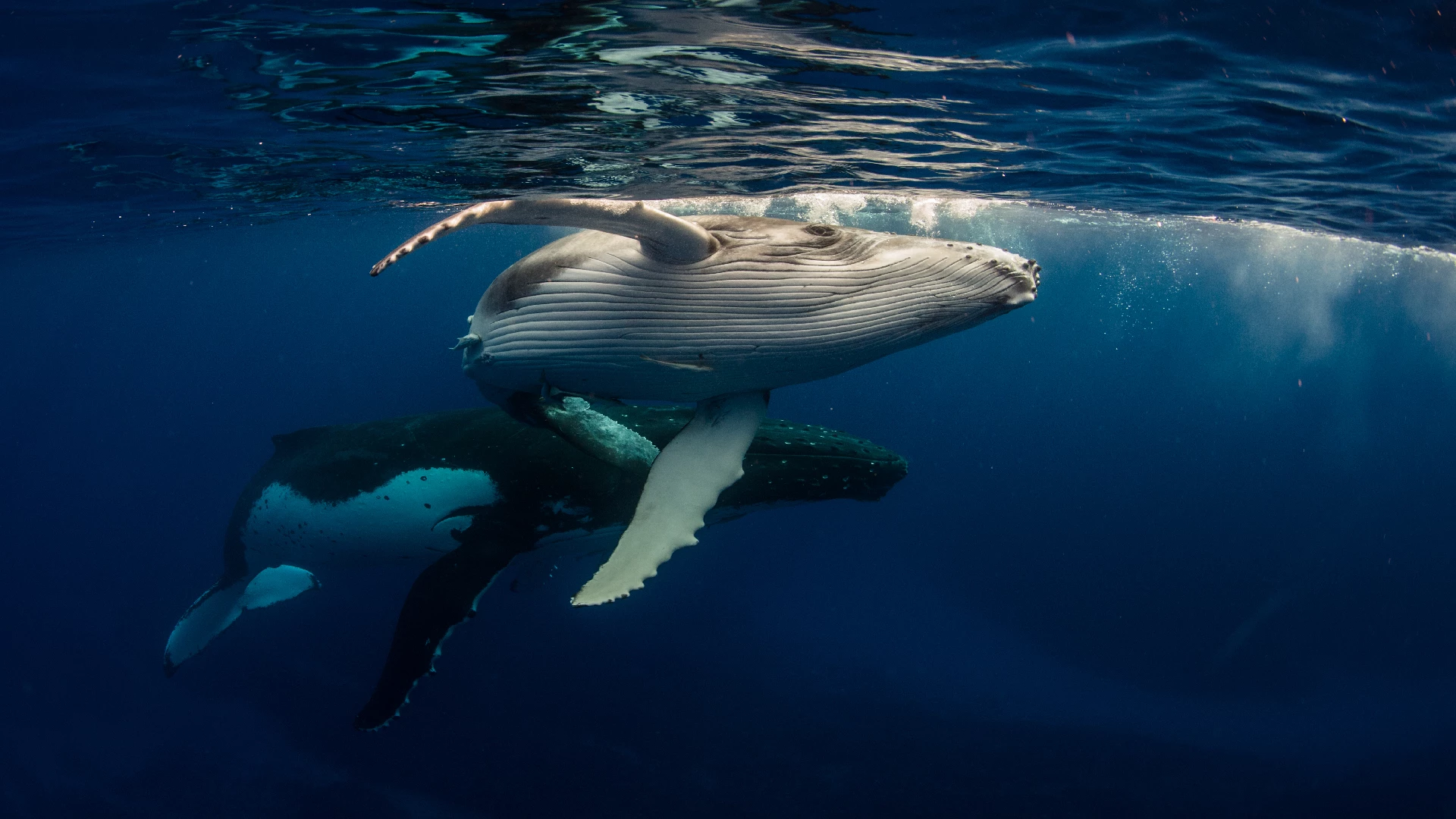 Fact: Whales are Vocal and Communicative
Fact: Whales are Vocal and Communicative
Transitioning to the myth that portrays whales as silent beings, we enter a world rich in vocalization. Whales are incredibly communicative, utilizing a symphony of clicks, whistles, and songs. The humpback whale’s haunting melodies, spanning vast distances, leave scientists and enthusiasts in awe of their complex language.
5. Myth: Whales Only Inhabit Cold Waters
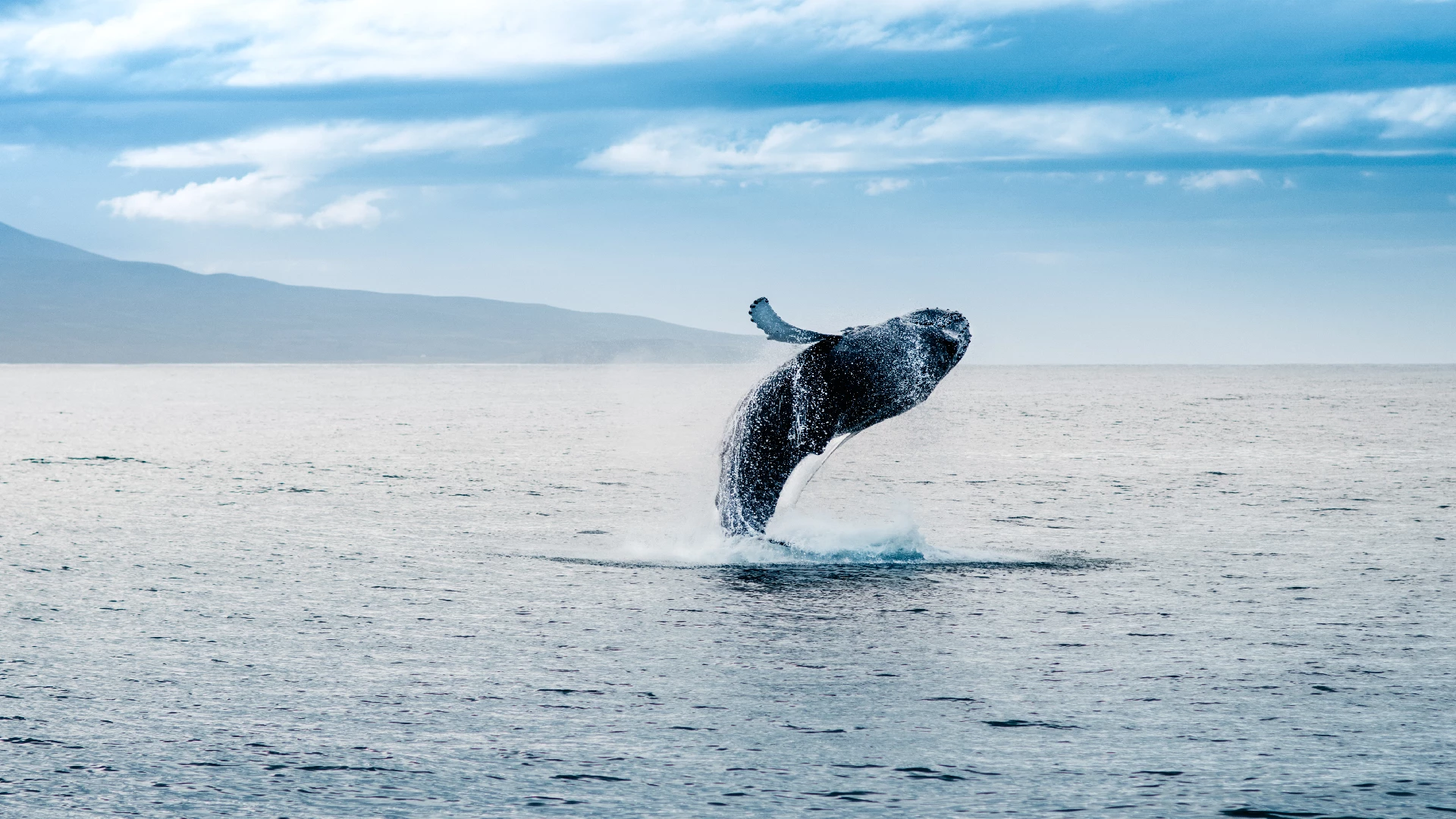 Fact: Whales Reside in Diverse Habitats
Fact: Whales Reside in Diverse Habitats
Busting the misconception that whales exclusively inhabit cold waters, we uncover their adaptability to various habitats. From the frigid Arctic to the tropical waters, whales inhabit oceans across the globe. Some species, like the gray whale, embark on remarkable migrations, showcasing their capacity to thrive in different environments.
6. Myth: Whales Are a Single Species
 Fact: Whales Comprise Multiple Species
Fact: Whales Comprise Multiple Species
The notion of whales as a single, uniform species could not be further from the truth. In reality, there are over 90 distinct species of whales, each with its distinct behaviors, appearances, and ecological roles. This diversity underscores the intricate tapestry of life within the oceans.
7. Myth: Whales Are Indiscriminate Predators
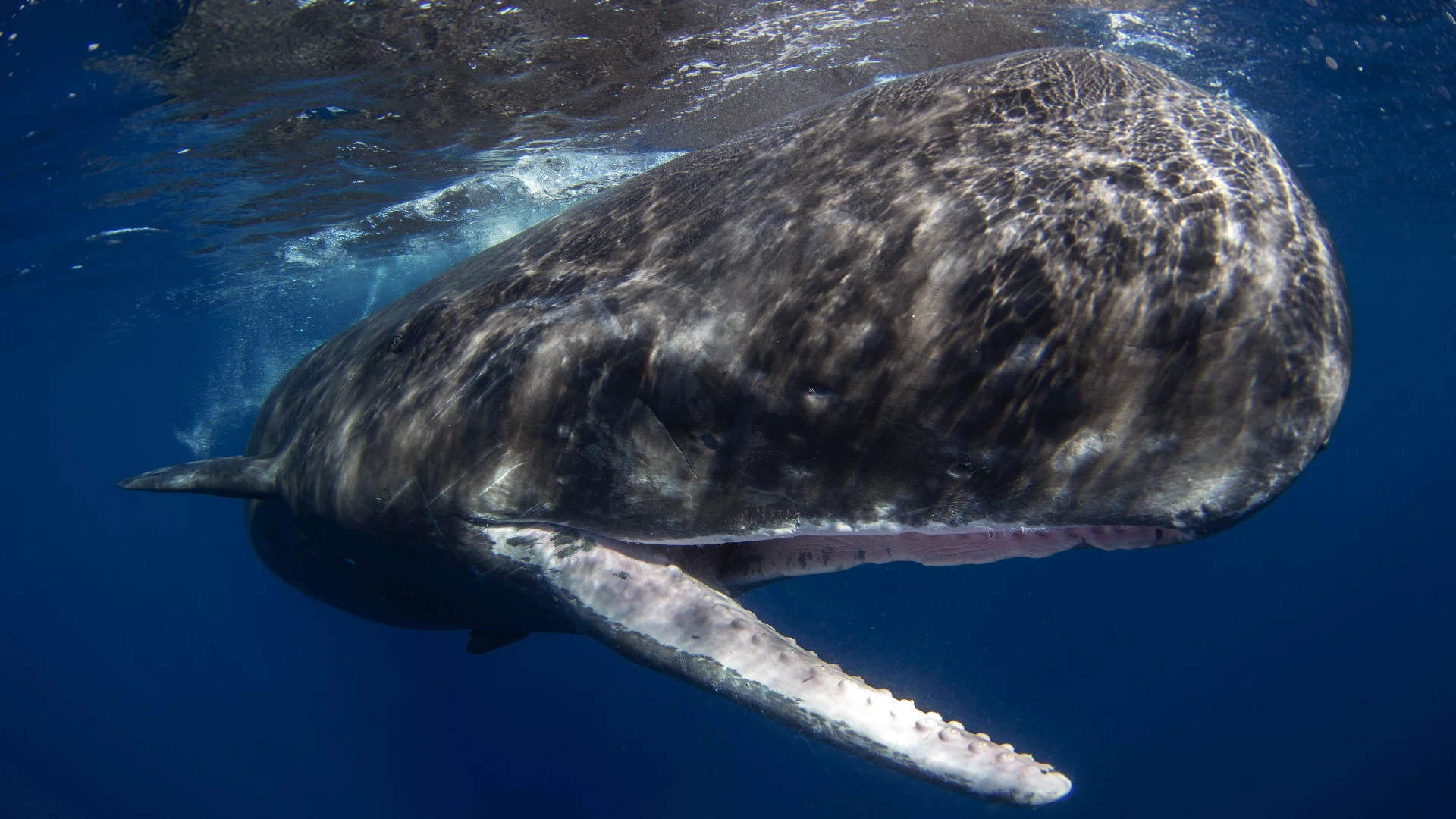 Fact: Whales Have Varied Diets
Fact: Whales Have Varied Diets
Shifting our focus to the myth that portrays whales as indiscriminate predators, we uncover their diverse dietary preferences. While some, like the killer whale, have earned a reputation as apex predators, others, such as the baleen whales, sustain themselves on plankton, filtering vast quantities through their baleen plates.
8. Myth: Whales Pose a Threat to Humans
 Fact: Whales Are Generally Gentle Giants
Fact: Whales Are Generally Gentle Giants
Contrary to the notion that whales pose a threat to humans, interactions between these gentle giants and humans are usually marked by curiosity and caution. Incidents of aggression towards humans are exceedingly rare, further underscoring the peaceful nature of these creatures.
9. Myth: Whales Live Brief Lives
 Fact: Whales Can Live for Decades
Fact: Whales Can Live for Decades
Addressing the myth that whales live short lives, we unearth their impressive longevity. Many whale species have lifespans that can extend well into several decades, with some, like the bowhead whale, boasting lifespans exceeding 200 years. This prolonged existence serves as a testament to their resilience.
10. Myth: Whales Are Abundant Everywhere
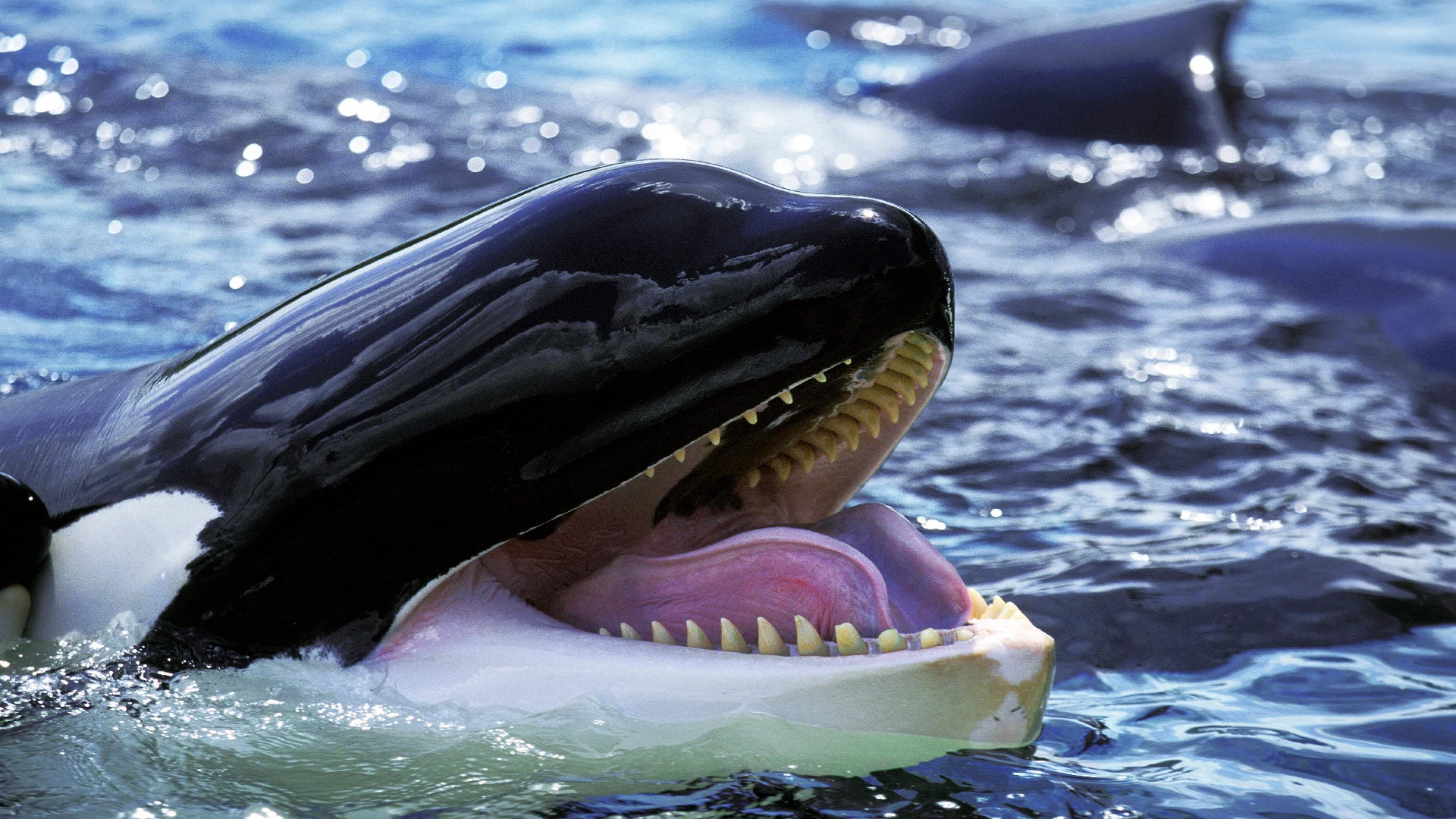 Fact: Whales Face Conservation Challenges
Fact: Whales Face Conservation Challenges
Transitioning to a somber reality, we confront the myth that whales are abundant everywhere. The truth is, many whale populations have faced significant declines due to factors such as hunting, pollution, and habitat loss. Conservation efforts have become essential to ensure the survival of these magnificent creatures.
In conclusion, the world of whales is a realm of wonders and truths, intricately woven with myths and misconceptions. By delving into the facts, we gain a deeper appreciation for these majestic beings that grace our oceans. From their diverse families to their vocal symphonies, from their adaptable habitats to their conservation needs, whales continue to captivate our hearts and minds. Let us carry forward this newfound knowledge, dispelling myths and spreading the awe-inspiring truths that define the enigmatic giants of the sea.
Dive into the World of Whales with a Click! 🐋🌊










